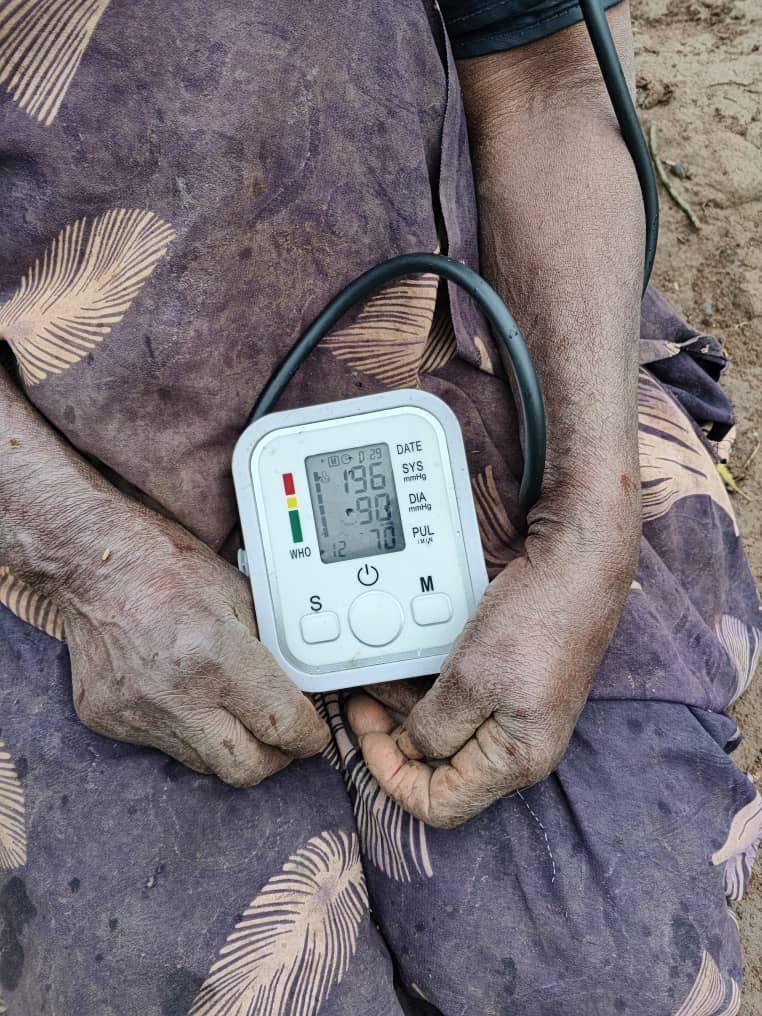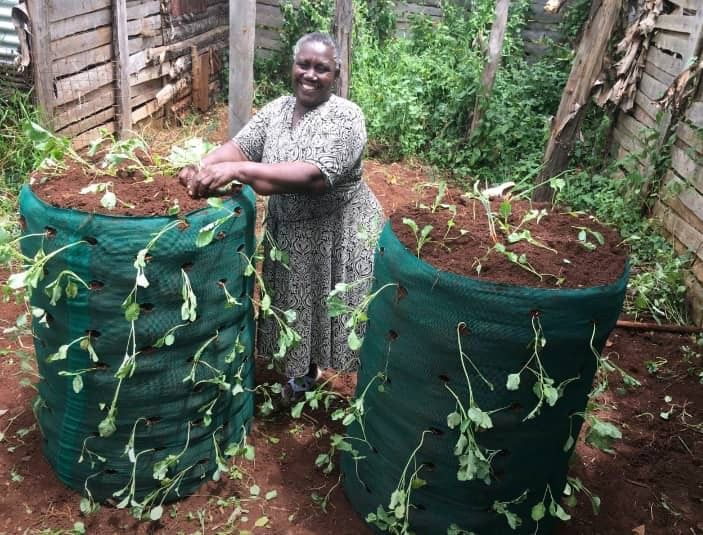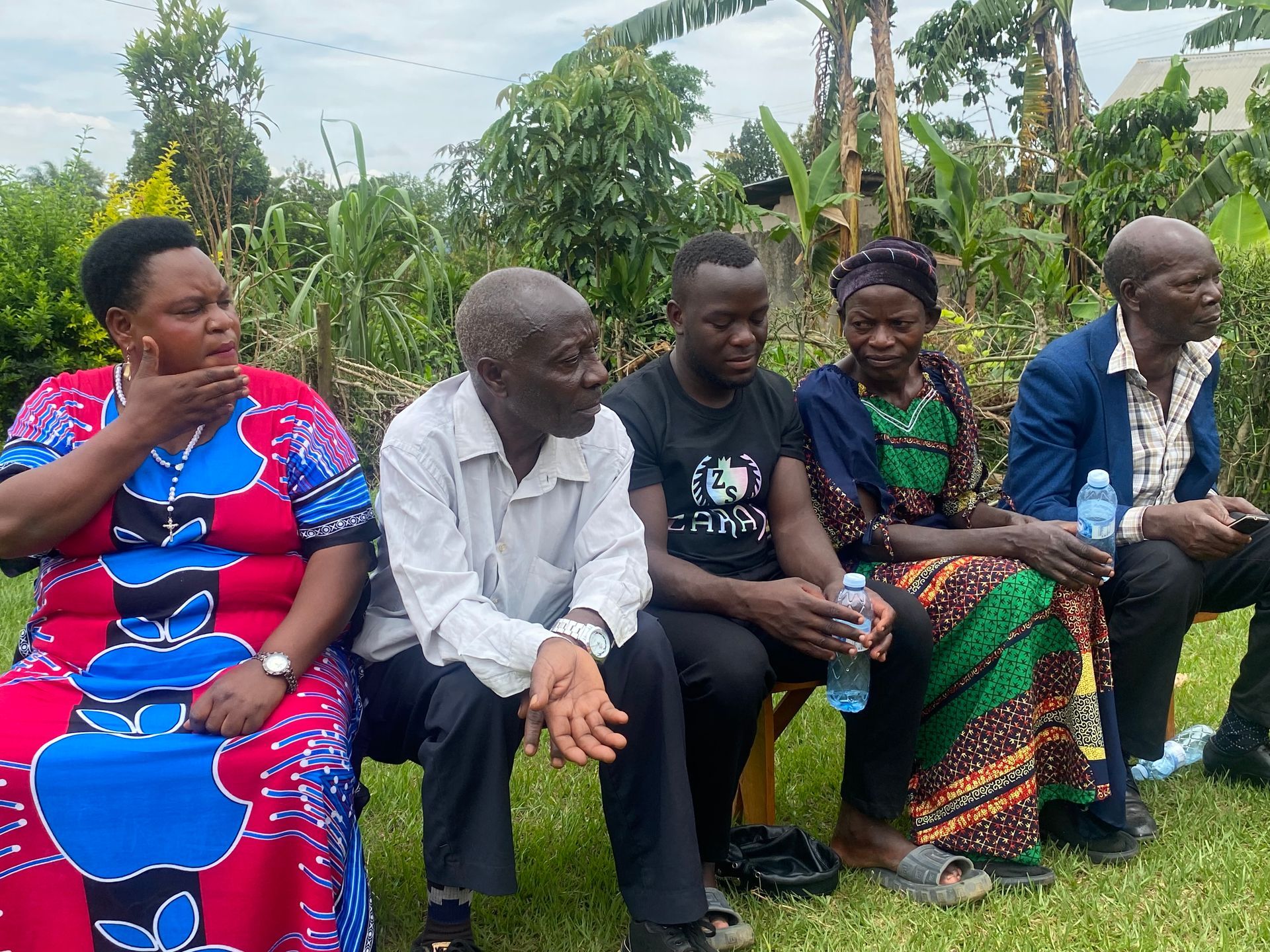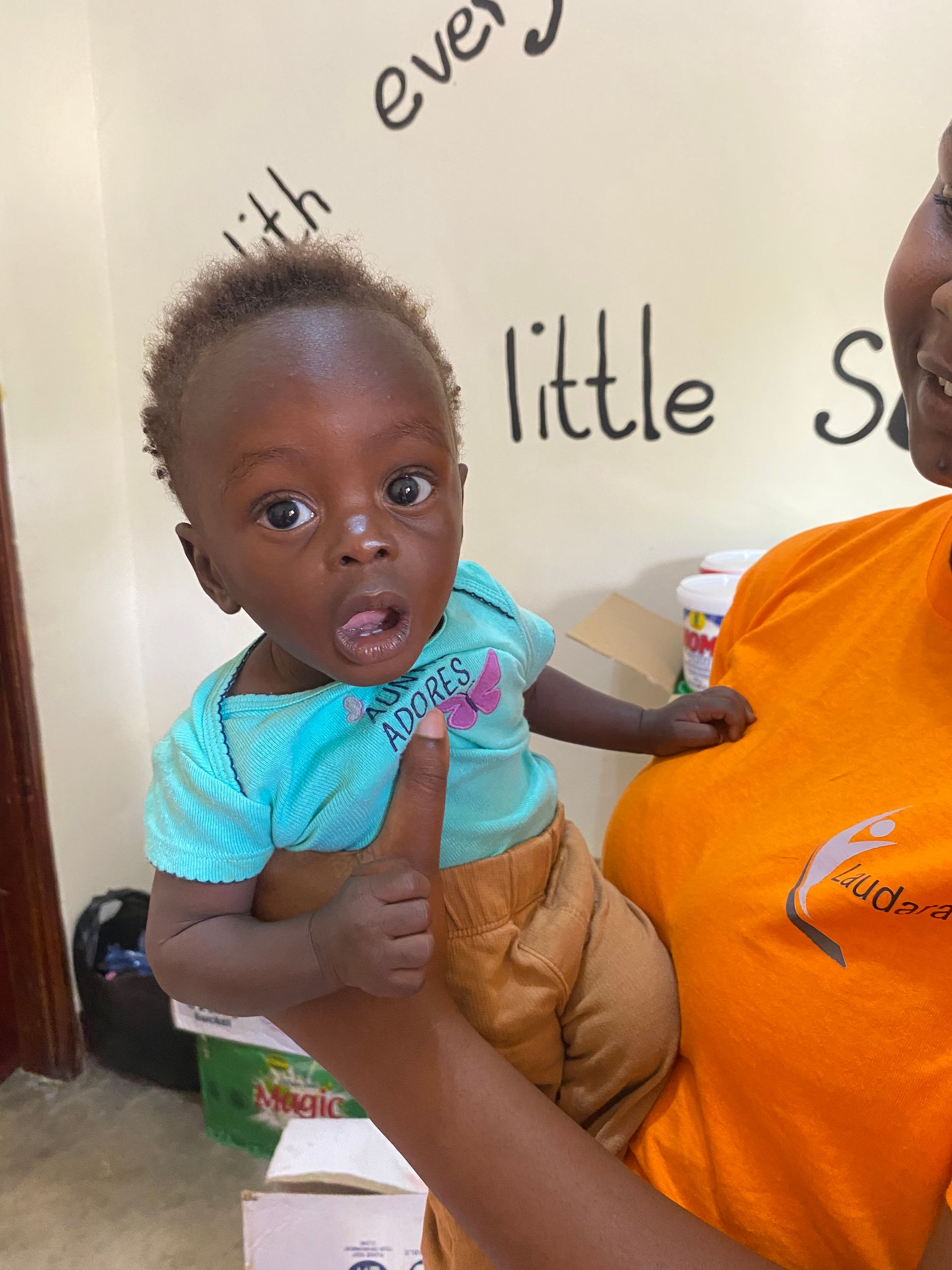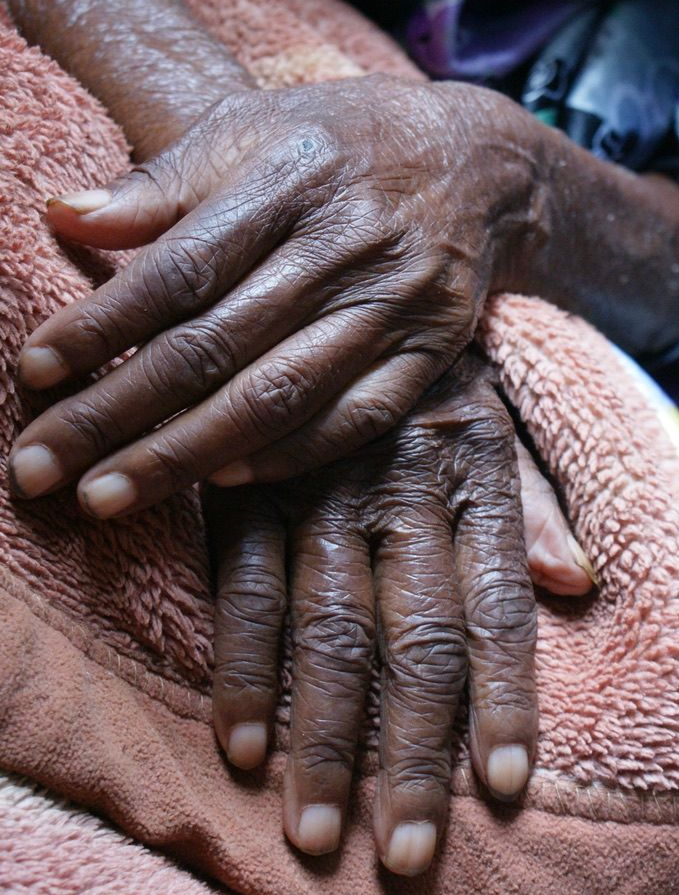Combatting Malnutrition
Malnutrition as a Leading Cause of Infant Mortality
Malnutrition is a silent killer, responsible for millions of preventable infant deaths worldwide, particularly in low-income regions such as rural Uganda. At the Mother and Childcare Centre in Ndegeya, we are acutely aware of the devastating impact malnutrition has on the youngest and most vulnerable members of our community. In Uganda, malnutrition contributes to nearly half of all child deaths, as infants fail to receive the essential nutrients they need for survival, growth, and development.
Addressing malnutrition is critical to reducing infant mortality at our facility and ensuring that every child has a healthy start to life. This blog explores how malnutrition contributes to infant mortality and outlines the steps we need to take at the Mother and Childcare Centre in Ndegeya to tackle this pressing issue.
Malnutrition as a Leading Cause of Infant Mortality
Malnutrition occurs when an infant’s diet lacks the essential nutrients, vitamins, and minerals needed for proper growth and immune function. It can manifest in several forms, including:
- Undernutrition: A deficiency in calories or protein, leading to stunted growth, wasting (severe weight loss), and underweight infants.
- Micronutrient Deficiencies: A lack of vital vitamins and minerals such as vitamin A, iron, iodine, and zinc, which are crucial for growth and immune function.
- Overnutrition: While less common in rural Uganda, overnutrition (inappropriate feeding with high-calorie, low-nutrient foods) can also cause developmental issues.
In rural settings like Ndegeya, undernutrition and micronutrient deficiencies are the most prevalent and deadly forms of malnutrition. Malnourished infants have weaker immune systems, making them more susceptible to infections like pneumonia, diarrhoea, and malaria. These infections, in turn, can worsen the child’s nutritional status, creating a vicious cycle that often ends in death. Additionally, poor maternal nutrition during pregnancy contributes to low birth weight and increased vulnerability to illness in newborns.
Why Malnutrition Persists in Rural Uganda
Several factors contribute to the high rates of malnutrition in rural Uganda, including:
- Poverty: Many families in Ndegeya live below the poverty line and struggle to afford enough food or maintain a diverse diet rich in essential nutrients.
- Limited Access to Healthcare: Malnourished children are often not diagnosed early, and families may lack access to nutritional supplements or appropriate treatment for malnutrition-related complications.
- Food Insecurity: Droughts, poor harvests, and a lack of agricultural resources lead to seasonal food shortages, reducing the availability of nutritious foods like fruits, vegetables, and proteins.
- Cultural Practices: In some cases, cultural feeding practices and myths around infant nutrition prevent the introduction of healthy foods at the right time during infancy.
- Maternal Health and Education: Malnutrition often begins in the womb. Poor maternal nutrition, coupled with limited knowledge about breastfeeding and proper weaning practices, contributes to poor infant nutrition.
Addressing Malnutrition
To combat infant mortality due to malnutrition, we must implement a multifaceted approach focused on prevention, early detection, and treatment. The following points can make a significant impact:
Promoting Exclusive Breastfeeding
Breastfeeding is one of the most effective ways to prevent malnutrition in infants. Breast milk provides all the essential nutrients an infant needs for the first six months of life, along with antibodies that help protect against infections. However, in many rural areas, early weaning or the introduction of non-nutritious foods can undermine the benefits of breastfeeding.
At our centre, we need to prioritize educating mothers about the importance of exclusive breastfeeding for the first six months and continued breastfeeding up to two years or beyond, alongside appropriate complementary feeding. This can be achieved through antenatal and postnatal classes, where mothers learn about the health benefits of breastfeeding and how to overcome challenges such as low milk production.
Nutrition Screening and Growth Monitoring
Early detection of malnutrition is key to preventing severe health complications. Routine growth monitoring of infants, including tracking weight, height, and mid-upper arm circumference (MUAC), can help identify children at risk of malnutrition before the situation becomes critical. This can be done during regular immunization visits and check-ups at our clinic.
Once malnourished infants are identified, they can be enrolled in nutritional rehabilitation programs, which include providing therapeutic foods, vitamin and mineral supplements, and tailored feeding plans.
toddler lyon malnorished
Provision of Nutritional Supplements
Micronutrient deficiencies, particularly of vitamin A, iron, and zinc, are major contributors to infant mortality in Uganda. The Mother and Childcare Centre should ensure that children and pregnant women have access to essential micronutrient supplements. Vitamin A supplementation, for instance, can reduce mortality by strengthening the immune system, while iron supplements prevent anaemia, which is common among malnourished children.
In addition, we can collaborate with government and non-governmental organizations to procure ready-to-use therapeutic foods (RUTF) for treating severe acute malnutrition.
Education on Complementary Feeding
After six months, infants need more than breast milk alone. However, many families in Ndegeya may not know how to introduce nutrient-dense complementary foods such as fruits, vegetables, grains, and proteins in a balanced manner. At our centre, we can run workshops and one-on-one counseling sessions for mothers, teaching them how to prepare locally available, nutritious foods for their babies.
Emphasizing the use of diverse, locally available ingredients like beans, millet, and sweet potatoes can help mothers create affordable and nutritious meals for their infants.
Improving Maternal Health
Maternal nutrition during pregnancy has a direct impact on infant health. Mothers who are undernourished are more likely to give birth to low birth weight babies, increasing their risk of malnutrition and death in infancy. This a reason why we already focus on maternal care by providing prenatal vitamins, iron supplements, and nutritional counseling to ensure pregnant women receive the nutrients they need for a healthy pregnancy and a strong baby.
Community Outreach and Awareness
Malnutrition is not just a medical issue; it is also deeply rooted in cultural and social practices. Engaging the community through outreach programs is vital to improving infant nutrition. We work with local health workers and community leaders to conduct home visits, hold village meetings, and distribute educational materials that promote good nutrition practices for both mothers and infants.
Collaboration with Government and NGOs
Addressing malnutrition requires collaboration with the wider health sector. By partnering with government health programs, international organizations, and NGOs, the Mother and Childcare Centre can access resources such as vaccines, nutritional supplements, and training for healthcare staff. Strengthening these partnerships will enhance our ability to prevent and treat malnutrition effectively.
Malnutrition is a leading cause of infant mortality in rural Uganda, but it is also preventable. By implementing a comprehensive approach at our Mother and Childcare Centre, including promoting breastfeeding, early nutrition screening, maternal health interventions, and community education, we can reduce malnutrition and save the lives of countless infants.
Together, we can ensure that every child born in Ndegeya has the opportunity to grow, thrive, and reach their full potential. Ending malnutrition is not just about food; it’s about creating a healthier future for our entire community.
Share this post:





